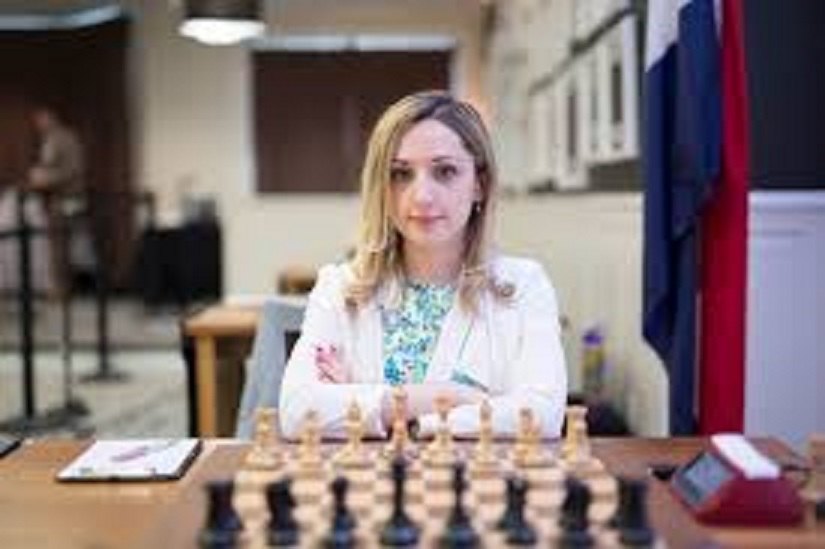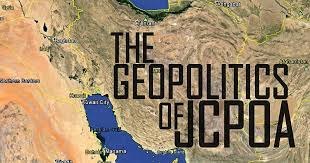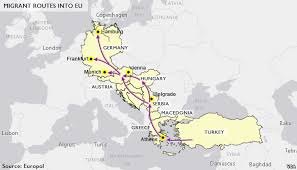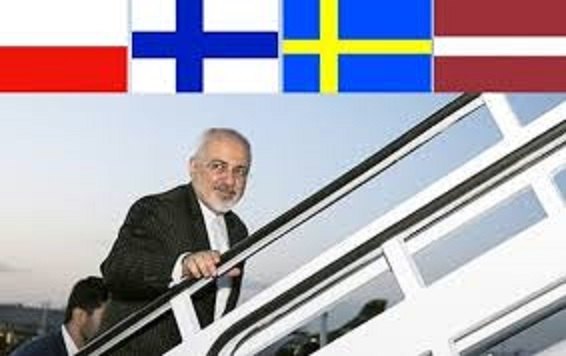Trump and Major World Powers
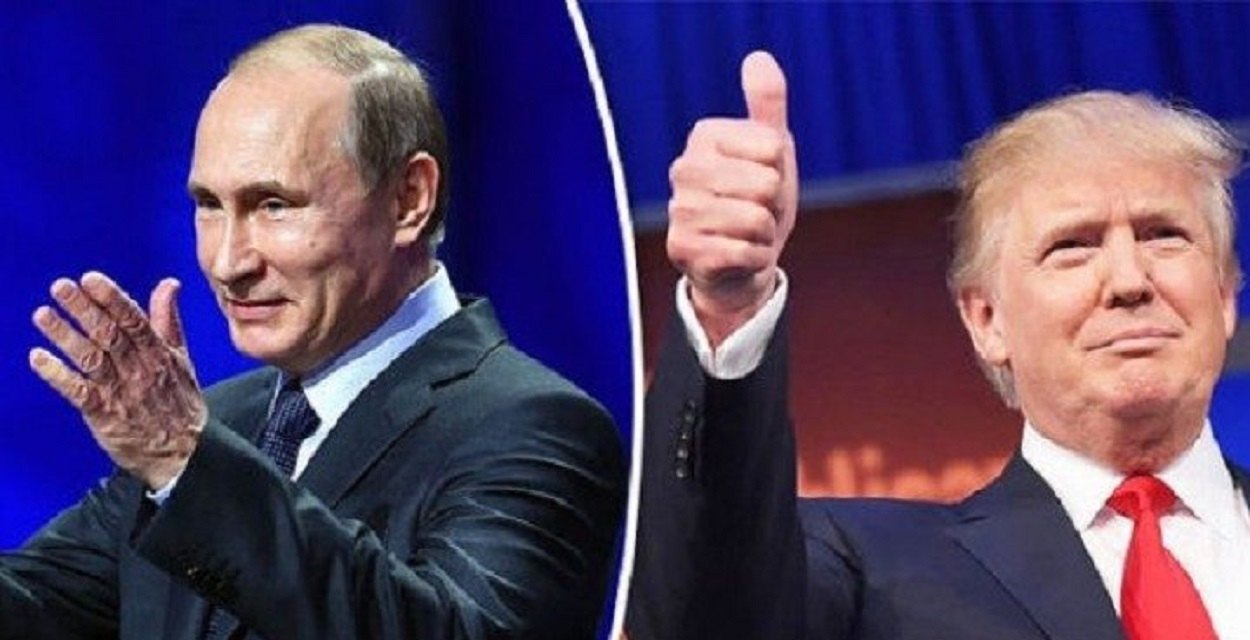
Yaser Nooralivand
Trump’s expressed interest in normalizing relations with Russia after a period of strained relations between Moscow and Washington during Obama; repeated attacks on China’s trade policy vis-à-vis the USA; criticizing the system of paying the costs related to NATO and its old structure; and Admiring the British people for their vote on Brexit are just a few examples of the positions made by Trump vis-à-vis these world powers that represent significant changes in the US relationship with them is Trump’s period.
Despite all the contradictions that could be found in his recent positions and political behavior it seems that after decades of security oriented US foreign policy in the US, “Economics-based” foreign policy would constitute the main source of action for Trump’s foreign policy.
Despite the views that see Trump internal protectionism as the enhancement of foreign isolationism, it is to be noted that Trump foreign policy would on the contrary be an interactive one. But the basis of this dynamic interaction would include the followings: putting aside free trade plans and increasing economic tensions and pressures on the US foreign trade partners that Trump feels the balance of trade is in their favor (the case of China); decreasing military and security commitments in line with the reducing foreign policy costs in favor of internal costs (the case of the EU); and reducing useless security tensions in the foreign policy and giving priority to the common political and economic interests (the case of Russia).
Trump is expected to adopt milder relations with Russia. It seems that Moscow’s sphere of influence in parts of its neighboring East Europe would be accepted by the new president of the US in exchange for cooperation with the US in fields such as terrorism and Syria.
China’s trade policy vis-à-vis US, refusing the US policy to contain North Korea by China and the South China Sea issue, are three main Trump protest to Beijing. Among these three areas, Trump’s strong opposition to China’s trade policy toward the US would be crucial that can lead him towards tension with this country.
It is predicted that US relations with its traditional transatlantic ally would enter a period of occasional tensions as well. Reducing the US commitments towards NATO as well as détente in the United States and Russia relations are among the most important factors that if implemented, will raise the divergence between the United States and Europe.
In general, the discourse analysis of Trump’s positions would lead the observers towards this understanding that he will abandon Europe to its own, replace the present tension between the US and Russia with the tensions with China and would try to contain Beijing through establishing close relations with Russia.
The issue that should not be ignored is the implications of Trump Cabinet on the positions and approaches of his foreign policy. This is important when we see the positions of some of the key candidates of the posts related to the foreign policy contradict with those of the Trump. It seems that the complex relationships and interactions of the members of Cabinet and the president would partly contribute to the rationalization of his policies and tendencies.


